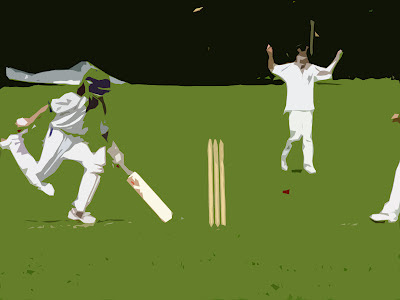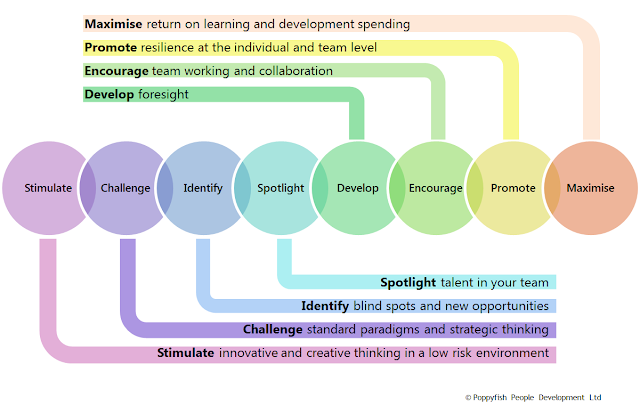Armstrong's Legacy

In 1969 the American astronaut Neil Armstrong became the first human to walk on the moon. Yesterday, he died. Few things epitomise the power of human aspiration more symbolically than our attempts to explore our galaxy. Driven by a quest for knowledge and to further the development of the human race, achievements such as those that enabled Armstrong to achieve the dream of millions know few parallels. His famous phase " One small step for man, one giant leap for mankind " reflected the age in which he lived. When asked about the purpose of the Apollo 11 mission ahead of the launch from Florida and the subsequent touchdown in the Sea of Tranquility Armstrong said " I think we're going to the moon because it's in the nature of the human being to face challenges...it's in the nature of his deep inner soul ". His passing provokes me to pause for thought amidst a hectic weekend, and reflect on the value of lived experience and personal narrativ...



